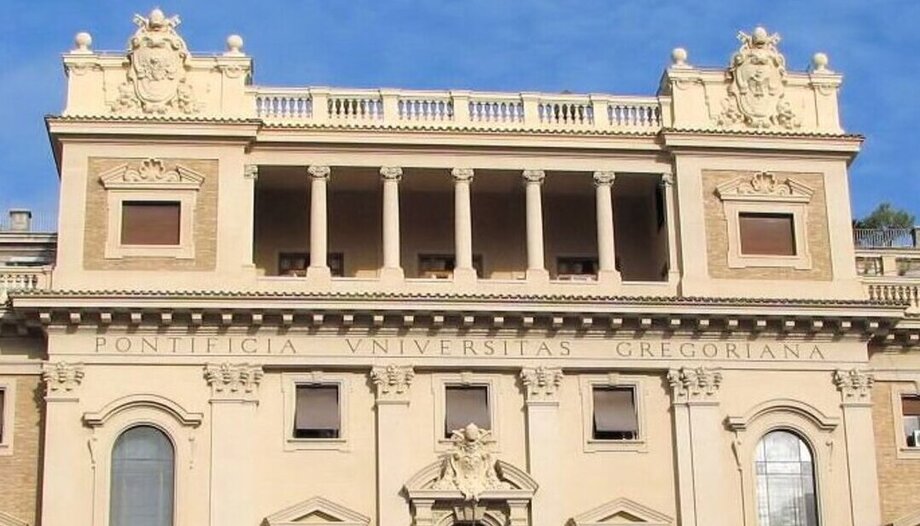Just a year ago, Pope Francis received in audience at the Vatican the academic communities of the 22 (then) institutions that make up the variegated and ancient panorama of the Pontifical Universities and Institutions of Rome, and had asked them to "make chorus", with a very specific reference to the need to "open up to courageous and, if necessary, even unprecedented developments".
The Pontiff's thought was aimed at the fact that in the face of the "generosity and foresight of many religious orders" that over the centuries have given life in the Eternal City to so many centers of formation specialized in ecclesiastical subjects, as the world and today's society have changed, there is a risk of "dispersing precious energies" if we continue with a "multiplicity of poles of study". A wake-up call is given, for example, by the decrease in the number of students attending the Pontifical Universities, which is significantly lower than at least fifteen years ago.
Intelligence, prudence and audacity
The watchword of the Pope's speech was, therefore, to "optimize," to unite the centers of study that derive, for example, from the same charism, so as to continue to "favor the transmission of the evangelical joy of study, teaching and research," instead of slowing it down and tiring it out. Solutions, therefore, to safeguard "a very rich patrimony" and to promote "new life" that must be sought "with intelligence, prudence and audacity, always bearing in mind that reality is more important than the idea".
Unification
In line with this realistic vision of the Pontiff, the news of the unification of the Pontifical Biblical Institute and the Pontifical Oriental Institute with the Pontifical Gregorian University, three institutions born in different eras but united by the fact of having been entrusted to the Society of Jesus since their birth, has just been announced.
On March 15, the decree establishing the new configuration of the oldest pontifical university, founded in 1551 by St. Ignatius of Loyola, was announced with the approval of the new General Statutes, which will come into force on May 19, 2024, the feast of Pentecost.
A journey that began in 2019
It is, in any case, a journey that began in 2019, when Pope Francis himself, by means of a chirograph, had ordered the incorporation of the two Institutes into the University, while retaining their own denominations and missions. The Pontifical Biblical Institute was founded in 1909 as a center for higher studies in Sacred Scripture, while the Pontifical Oriental Institute, founded in 1917, deals with higher studies in ecclesiastical sciences and canon law of the Eastern Churches.
To better fulfill the mission
The new Statutes-ratified and approved by the Dicastery for Culture and Education on February 11, 2024-stipulate that the three Institutes become part "of the same juridical person, as academic units" of the Gregorian University. Already in the 2019 chirograph, the Pontiff explained the need for the two Institutes - linked to a larger and better organized institution - to better fulfill their specific missions in the current context.
With regard to the Pontifical Oriental Institute, the Pope also indicated that the Prefect of the Dicastery for the Oriental Churches should assume the role of Patron of the Institute.
With this new configuration, the Pontifical Gregorian University will be governed by a single rector, assisted by a council that now also includes the presidents of the two incorporated pontifical institutes.
Future reorganizations
A similar reorganization process also affects other institutions directly linked to the Holy See, such as the Pontifical Urbaniana University and the Pontifical Lateran University. The plan is to unify in a single center of studies the specialties that until now were offered separately by both secular universities, founded in 1622 and 1773 respectively.








